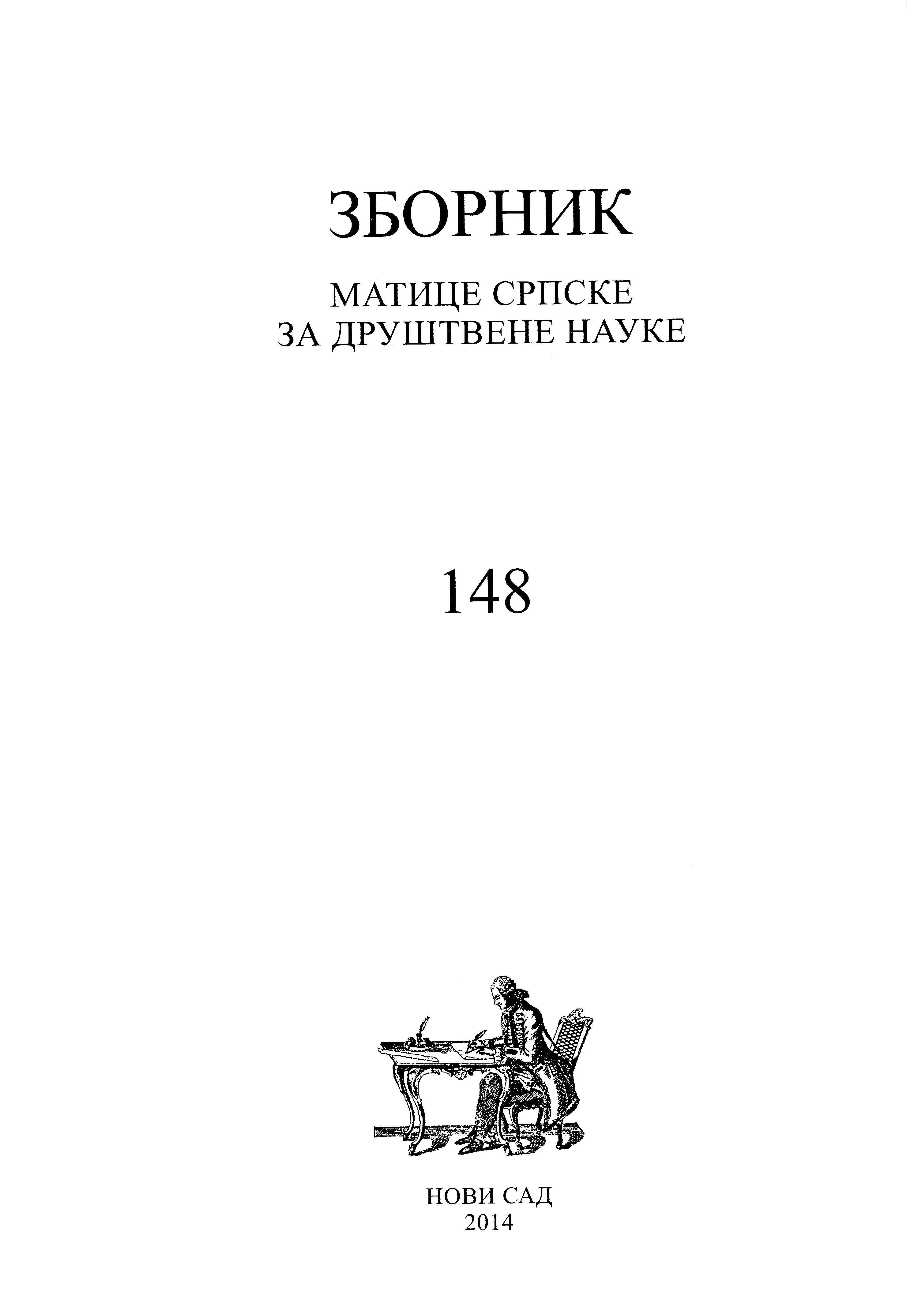Главне демографскe променe у динамици и структури румунског становништва након пада комунизма
Major Demographic Changes in the Dynamic and Structure of the Romanian Population after the Fall of the Communism
Author(s): Vasile Surd, Bogdan-Nicolae Pacurar, Camelia-Maria KantorSubject(s): Human Geography, Demography and human biology
Published by: Матица српска
Keywords: Romania; post-communism; demographic changes
Summary/Abstract: The post-1989 political changes in Romania had a major and at times irreversible impact on the dynamics and structure of the population. The most significant change was a drastic population decrease of over 3 million people within 22 years. Important deviations were also registered in economic sectors, resulting today in a process of artificialization of the population share in the tertiary sector. Urban population increased slightly from around 52% in 1989 to 53.4% in 2012, following the artificial conversion of a significant number of villages into the category of urban areas. There were no significant changes in ethnic structure, except for the Roma population where, due to the self-identification census, 621,573 people declared themselves Roma (2011) as compared to around 300,000 in 1988. The largest minority group, the Hungarians, comprises stable 6.6% of the population. Around 2 million of unemployed people were registered during the last census in addition to an increased number of retired people. This paper examines some of the major demographic changes in the dynamics and structure of the Romanian population influenced by a number of political, socio-economic, cultural and environmental factors. It deals with analytic and moral questions arising from an in-depth overview of the aforementioned transition period and argues that political unbalances are clear indicators of demographic changes and disturbances in national and regional economic development.
Journal: Зборник Матице српске за друштвене науке
- Issue Year: 2014
- Issue No: 148
- Page Range: 803-811
- Page Count: 9
- Language: English

